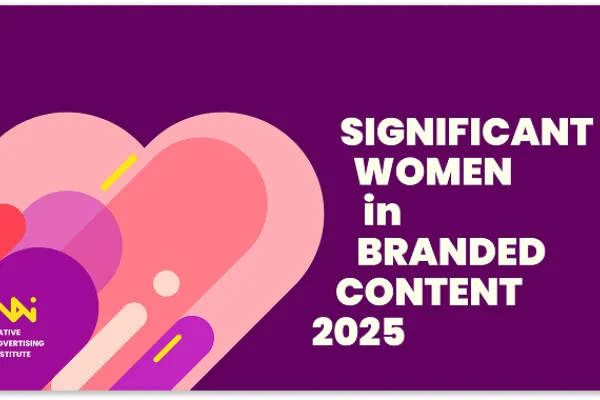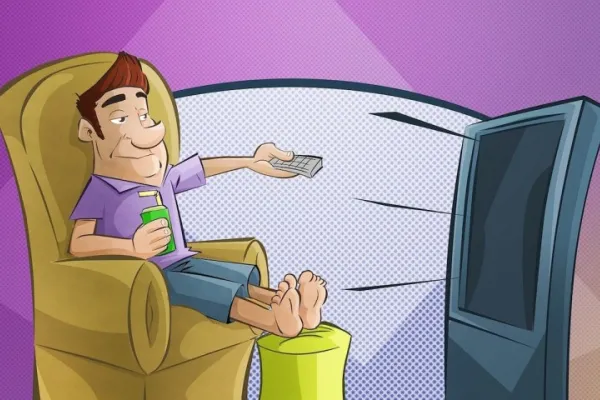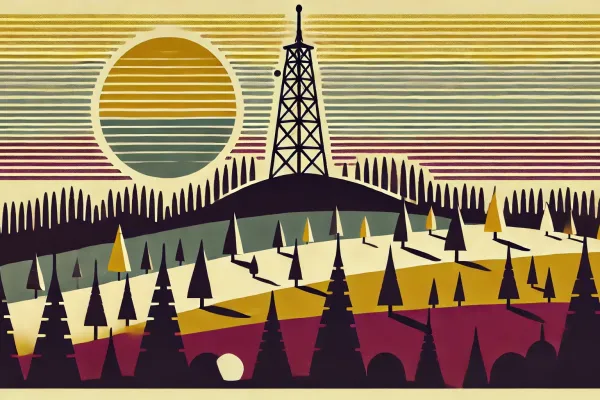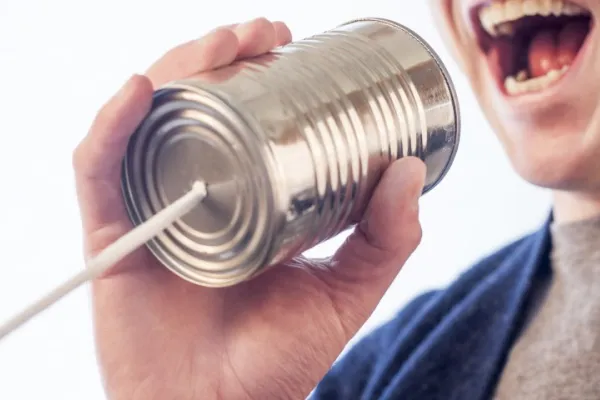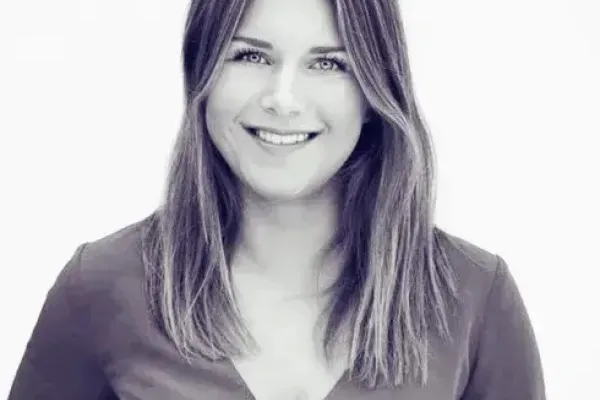 Details
Details
Creating truly successful native campaigns is what all native ad studios and brad studios are striving for. But what constitutes such a campaign - and how do you get there?
We asked Richard Pattinson, Senior Vice President at BBC StoryWorks, BBC Global News who was one of the speakers at Native Advertising DAYS 2018
It’s also really important that the campaign is appreciated by the BBC’s audiences, and we have tools to measure that.
What do you think constitutes a successful native advertising campaign?
Obviously, it depends on what the client’s desired outcomes are, whatever metrics and KPIs they’ve set us to achieve, and delivering (or over-delivering) on those.
That varies hugely across the different campaigns we work on, depending on the client, sector, geography and of course the execution itself.
RELATED: You Need to Teach, Guide and Inspire Your Readers
Outside of that, it’s also really important that the campaign is appreciated by the BBC’s audiences, and we have tools to measure that.
There’s also plenty of healthy competition and interest internally, and it’s obviously a source of considerable pride when colleagues call out the quality of the work as well, as well as industry recognition of course.
How do you get there as a brand studio - to creating a successful campaign?
Really interrogating and understanding the brief, so our response can be as on-point as possible:
Enough creative space (and time) to deliver a truly excellent concept; effectively distribution and optimisation tools to ensure the campaign performs as expected and reaches the target audience in an effective way; and being able to demonstrate the content’s impact.
RELATED: How to Best Work with Agencies and Brands on Native Advertising Campaigns
Both via traditional metrics and also using other tools to provide further insights such as the Science of Engagement toolkit which we’ve developed.
It’s a toolkit based on a research method that uses state-of-the-art facial coding technology, eye tracking and a range of implicit and explicit metrics to help us understand the emotional impact of content-led marketing and show its effectiveness and impact.
We leverage our editorial digital storytelling innovations and initiatives on behalf of our clients too.
At BBC StoryWorks, you leverage the editorial know-how and storytelling insights. How exactly do you leverage this know-how?
We’re very lucky to have literally billions of data points each month thanks to the BBC’s huge global audience, telling us the subject areas, content formats, devices and platforms that our audiences are consuming and using, that we can cut locally, regionally and globally.
So we know what our audiences care about, and how they access it, and how these trends change over time. We also have surveys we conduct to get qualitative data. We leverage our editorial digital storytelling innovations and initiatives on behalf of our clients too.
And of course, we’re steeped in effective storytelling. I’m a BBC TV producer and digital commissioner of many years and bring my learnings from that into the branded content space.
How should/can other brand studios get the same collaboration with their editorial side of the business?
I wouldn’t want to suggest to others how they should be arranging that relationship.
We’re very clear on the strict separation between editorial and commercial content, and on not permitting commercial influence on editorial content, but the insights and know-how I’ve set out above are extremely valuable.
RELATED: Tearing Down the Wall Can Lead to Better Commercial Content (podcast)
And we have many editorial series which brands sponsor (in our terminology, and different to the commonly used ‘sponsored content’ which other use to describe branded content).
Having those conversations really early on so you can decide on the most effective way to utilise that is key.
How much should you as a brand studio leverage the commercial partners’ know-how and insights when doing a native ad campaign? And which know-how is relevant?
As much as possible to deliver the best campaign. If they know the specific audience they want to reach or have compelling stories of their own they want us to support them telling, then that’s fantastic!
RELATED: Get a Successful Relationship with Your Clients (podcast)
Having those conversations really early on so you can decide on the most effective way to utilise that is key.
When it comes to content marketing, a character-led narrative is always going to be more emotionally resonant and engaging
For a lot of publishers, it’s difficult to convince the brand to tell a story instead of selling a product. What do you believe is the best way to convince the brands to let go?
We do a lot of thought leadership research in this space, and we’re delighted that it’s demonstrated how much more effective it is to engage in storytelling rather than merely product promotion on its own.
RELATED: Why Salespeople Are Critically Important to Branded Content
Again we leverage our editorial insights here: when it comes to content marketing, a character-led narrative is always going to be more emotionally resonant and engaging than something too overtly product-focused.
Our Science of Engagement work, and our new Science of Memory study which we’re publishing this month prove that that delivers the best uplift for brands. It’s also the best experience for audiences coming to the BBC, who are most receptive to this kind of content.
You are an official speaker at this year’s Native Advertising DAYS. Why should attendees at the conference absolutely not miss your presentation on how BBC leverages BBC’s editorial know-how and storytelling insights?
Because I’ve got some genuinely fascinating new insights to share, I hope lots of valuable take-homes on how to engage audiences, particularly in the digital space, and of course some beautiful content to share.
What do you look forward to the most at this year’s Native Advertising DAYS?
Getting to spend time with like-minded colleagues who really care about excellence in content marketing, and hopefully picking up plenty of tips on how my team and I can be even better at our jobs in 2019.
Also, I love Berlin!
